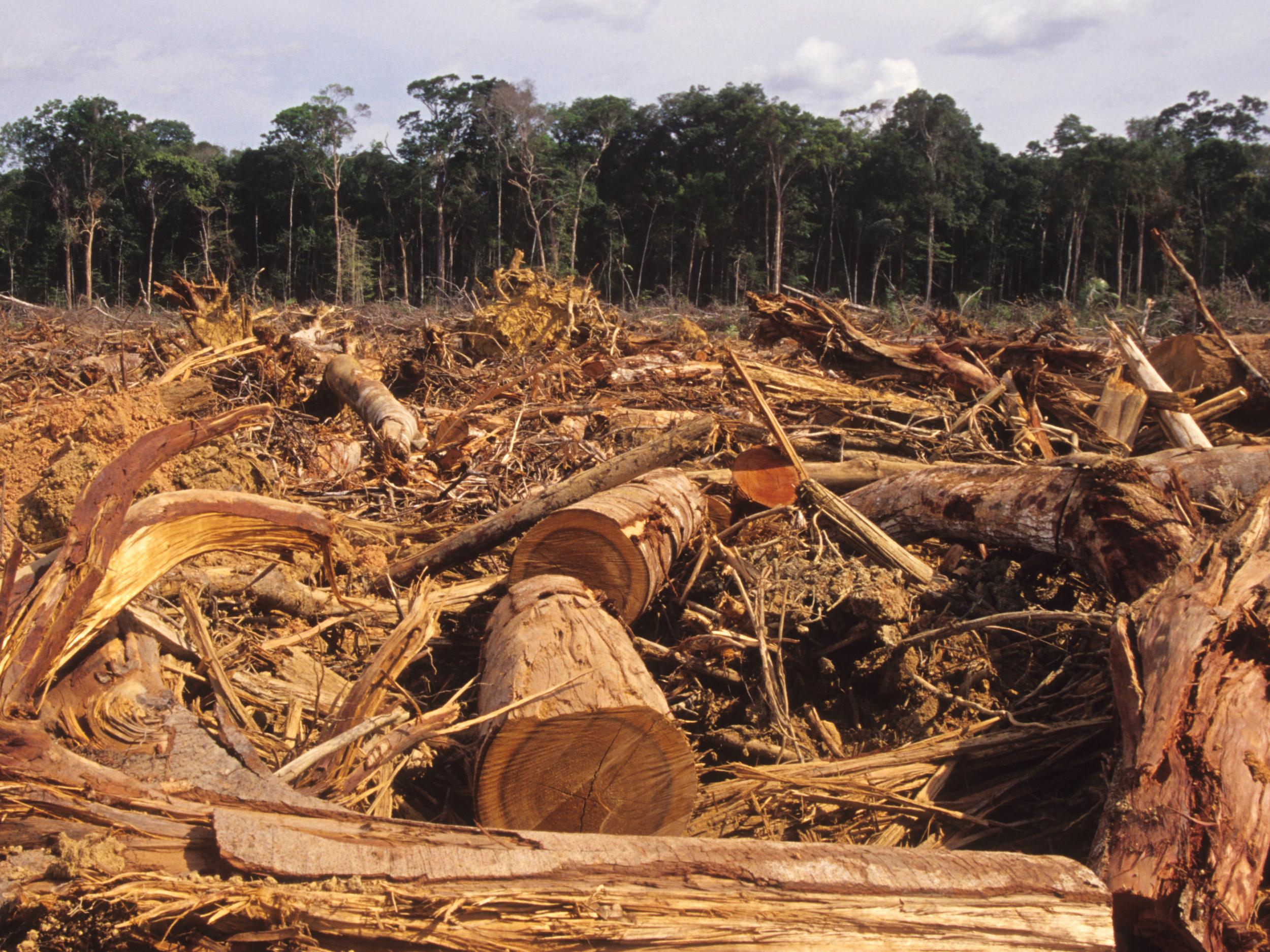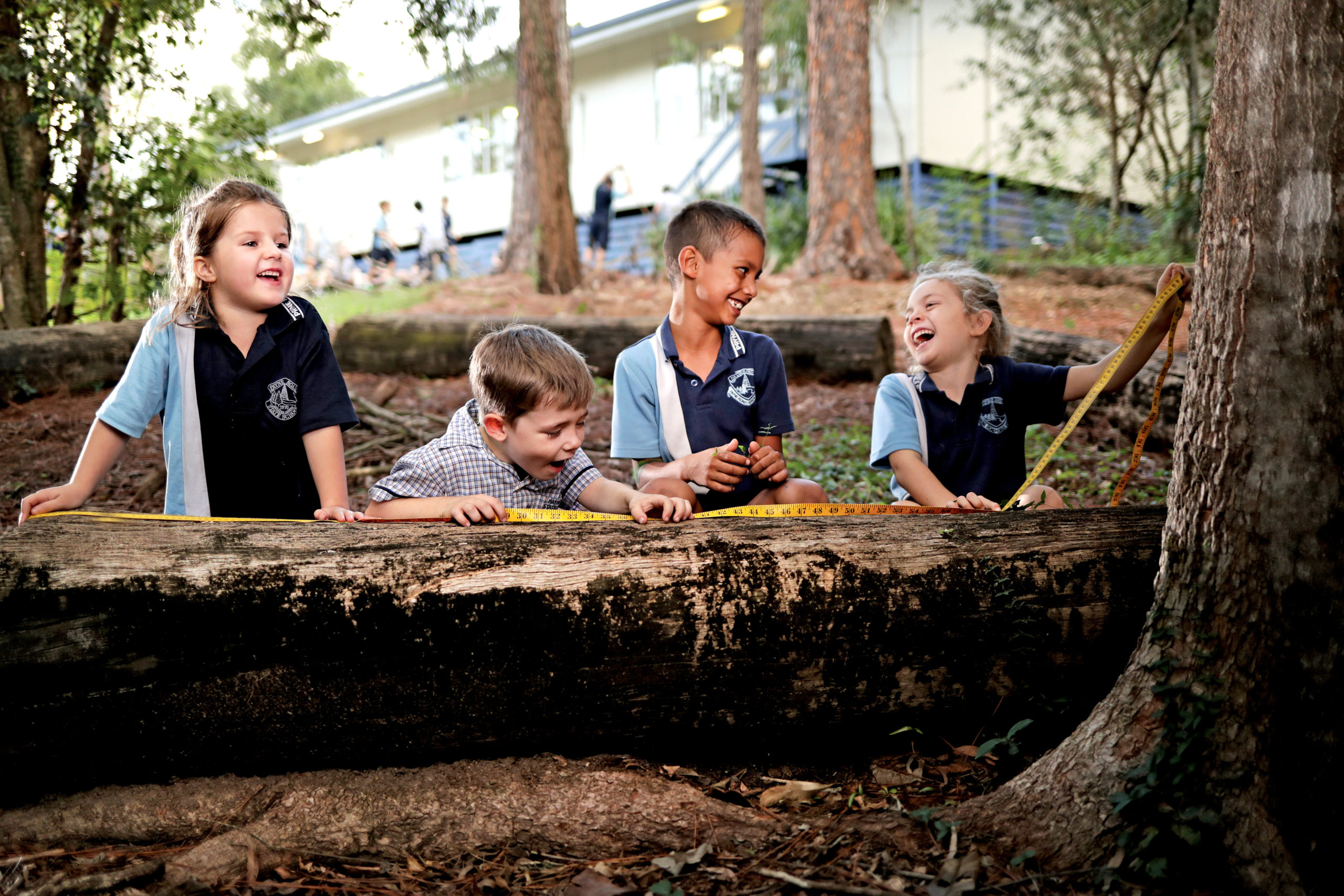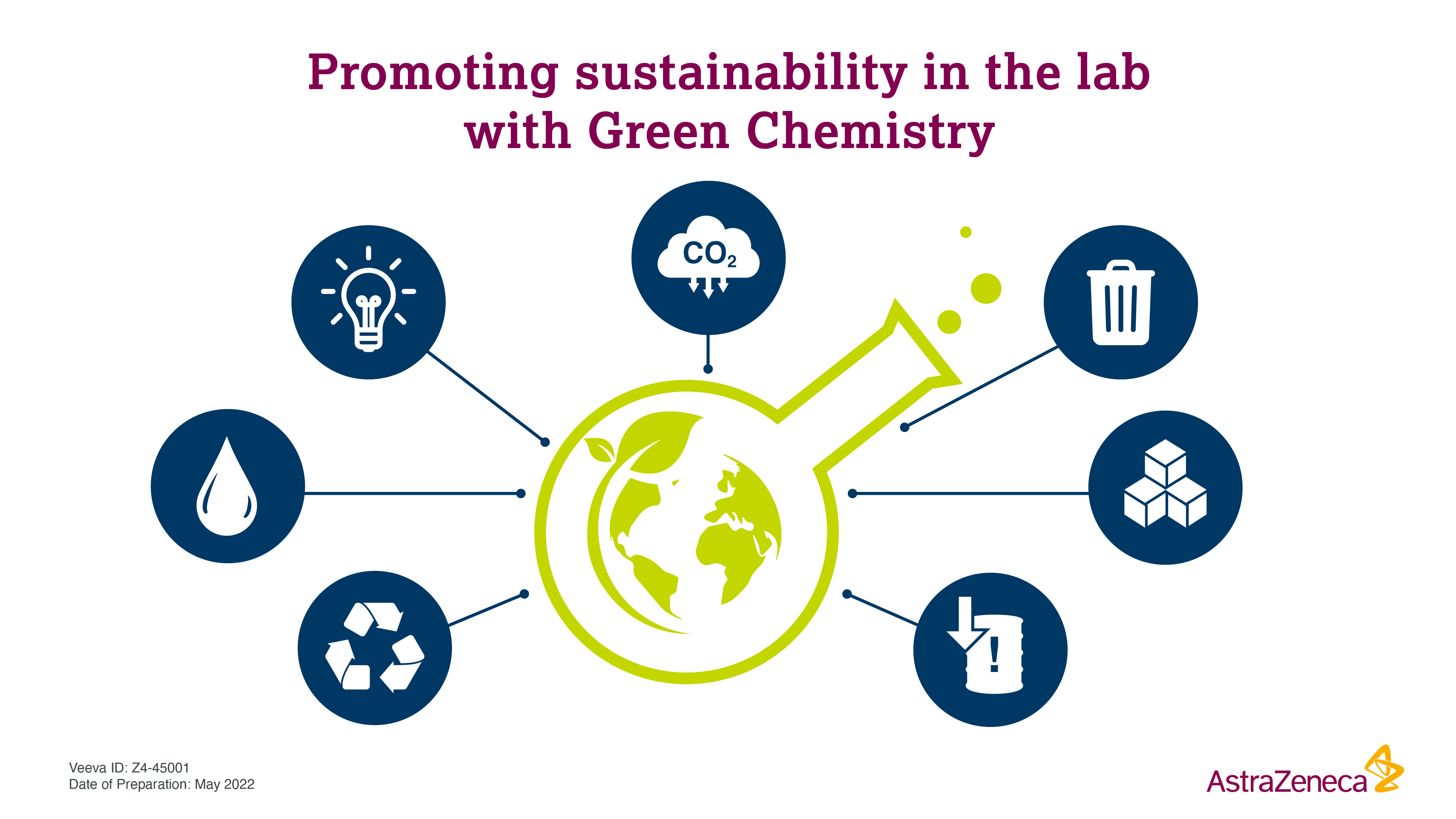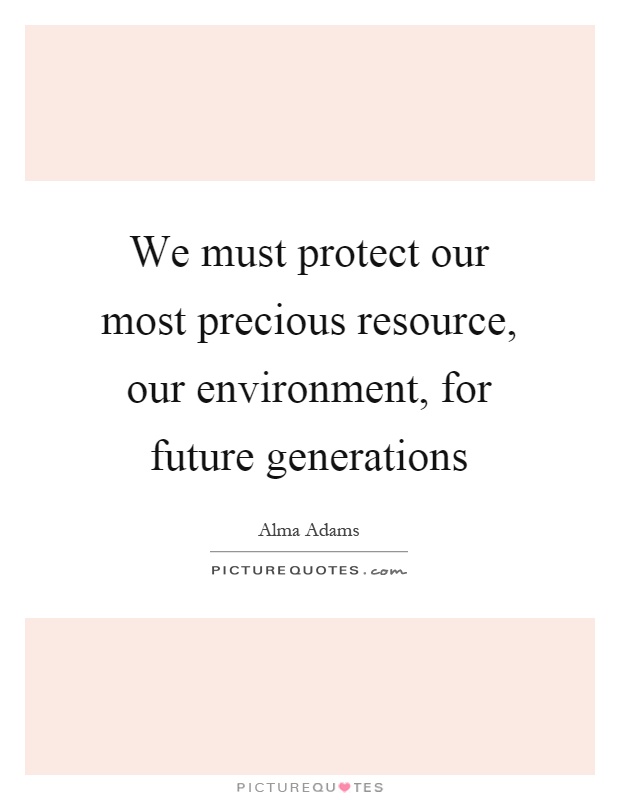Nature Presentation
| Introduction to Nature | ||
|---|---|---|
| Nature refers to the physical world and everything in it, including plants, animals, landscapes, and natural phenomena. It provides us with essential resources such as food, water, and oxygen. Nature offers countless benefits to our physical and mental well-being. | ||
| 1 | ||
| Biodiversity | ||
|---|---|---|
| Biodiversity is the variety of life on Earth, including all species of plants, animals, and microorganisms. It plays a crucial role in maintaining the balance of ecosystems and sustaining life. Biodiversity provides us with medicines, food sources, and genetic diversity for agriculture. | ||
| 2 | ||
| Ecosystems | ||
|---|---|---|
| Ecosystems are complex networks of living organisms and their physical environment. They can be found in various forms, such as forests, oceans, deserts, and grasslands. Ecosystems regulate climate, purify water, and provide habitats for countless species. | ||
| 3 | ||
| Conservation | ||
|---|---|---|
| Conservation refers to the protection and sustainable use of natural resources. It aims to preserve biodiversity, maintain ecological balance, and prevent the loss of natural habitats. Conservation efforts include establishing protected areas, implementing sustainable practices, and promoting environmental education. | ||
| 4 | ||
| Threats to Nature | ||
|---|---|---|
| Human activities, such as deforestation, pollution, and climate change, pose significant threats to nature. Habitat destruction leads to the loss of species and disrupts ecosystems. It is crucial to address these threats and find sustainable solutions to protect nature. | ||
| 5 | ||
| Benefits of Nature | ||
|---|---|---|
| Spending time in nature has numerous benefits for our physical and mental health. It reduces stress, improves mood, and increases creativity and productivity. Nature also provides recreational opportunities, such as hiking, camping, and wildlife observation. | ||
| 6 | ||
| Nature and Education | ||
|---|---|---|
| Nature-based education enhances children's learning and development. It fosters curiosity, critical thinking, and environmental awareness. Outdoor classrooms and nature-based activities promote hands-on learning and connection with the natural world. | ||
| 7 | ||
| Sustainable Practices | ||
|---|---|---|
| Adopting sustainable practices is essential to preserve nature for future generations. This includes reducing waste, conserving energy, and using renewable resources. Sustainable agriculture, responsible tourism, and eco-friendly transportation are also crucial. | ||
| 8 | ||
| Nature and Climate Change | ||
|---|---|---|
| Nature plays a crucial role in mitigating climate change through carbon sequestration. Forests and oceans absorb carbon dioxide, reducing greenhouse gas emissions. Protecting and restoring natural habitats is vital in combating climate change. | ||
| 9 | ||
| Conclusion | ||
|---|---|---|
| Nature is a precious and irreplaceable resource that we must protect and cherish. By valuing and respecting nature, we can ensure a sustainable and thriving planet for future generations. Let us all take action to conserve and appreciate the wonders of nature. | ||
| 10 | ||









